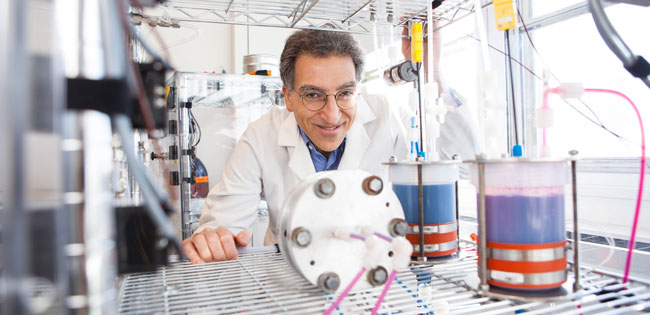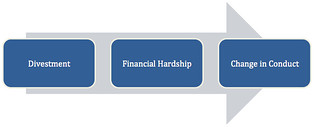Changing the world is hard and takes courage, but that’s why we will win. Bill Sargent had given up on global projects and turned to smaller local problems where it seemed there was a greater change of making a real difference. He wrote for Harvard Heat Week 27 April 2015, Heat Week: Teaching An Old Dog New Tricks,
But then I met Divest Harvard. Here was a group of bright, eager, sleep-deprived young undergraduates and grad students — free of such skepticism and willing to take on both Big Oil and the richest University in the world in one fell swoop.
He listed a number of ways Divest Harvard is winning because they chose the biggest targets under adverse conditions. For example: Continue reading











